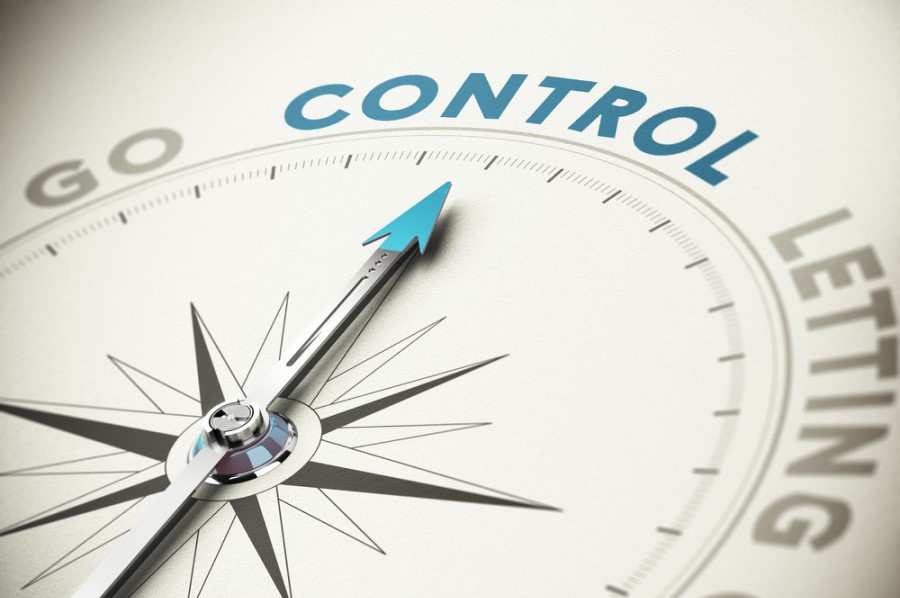How to take control of your mental wellbeing during the coronavirus outbreak

However, it is equally important to not panic. While it’s important to keep in touch with the latest news on coronavirus, there are also many things we can do to support and manage our wellbeing.
Top tips
- Being exposed to large volumes of negative information can heighten feelings of anxiety. The internet and social media give us amazing access to information, but also to a lot of misinformation. It’s important to get information from a reliable source. The NHS and Public Health England websites are offering advice on how to handle the pandemic. Remember, use the internet wisely and get information from someone who knows what they are talking about.
- It is normal to feel vulnerable and overwhelmed as we read news about the outbreak, especially if you have experienced trauma or a mental health problem in the past, or if you have a long-term physical health condition that makes you more vulnerable to the effects of the coronavirus. It’s important to acknowledge these feelings and remind each other to look after our physical and mental health. Try and reassure people who may be worried and check in with people who are living alone.
- There is extensive news coverage about the outbreak. If you find that the news is causing you huge stress, it’s important to find a balance. Keep informing and educating yourself by all means, but limit your news intake if it is bothering you. Perhaps decide on a specific time to check in with the news. You could watch a film or box set to help take your mind off the news.
- If there's a chance you could have coronavirus, you may be asked to self-isolate. For people in self-isolation or in quarantine, this may seem like a daunting prospect. Keep in touch with other people regularly on social media, email or on the phone, as they are still good ways of being close to the people who matter to you.
- Aim to create a daily routine that prioritises looking after yourself. Building physical activity into your routine can help. You might not have treadmill at home, but there are still activities you can do. Exercising at home can be simple and there are options for most ages and abilities, such as: cleaning your home, dancing to music, going up and down stairs as well as seated exercises.
Further information on how to keep safe is available from the NHS and Public Health England.
The author is Dr Philip McCrea, chief medical officer at BHSF.
This article is provided by BHSF.
Supplied by REBA Associate Member, BHSF
BHSF is a market-leading health and wellbeing provider.







